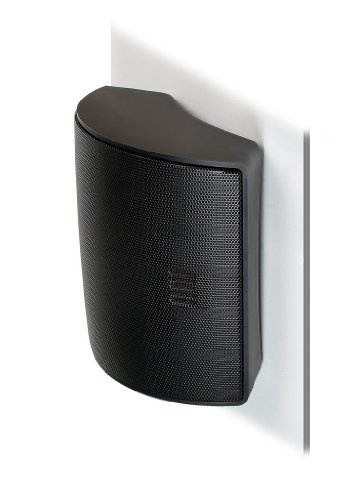amey01
Well-known member
I have two reservations about blind ABX testing:
1) I think we all agree that when evaluating equipment, including cables, we use music that we like. In ABX testing you have no control over what music is used; some of it may well be stuff that you consider crap. If I were on one of those panels and was played Norah Jones, for example, I would probably say that her whiney voice sounds the same no matter what cable you use. Same for any rock.....noise to me no matter the cable. There is also the stress associated with listening and relistening to short sections and trying to determine if you hear a difference.
2) Those evaluation panels consist of audiophiles, who are notorious for listening at deafening levels, so how good (bad) is their hearing? On other threads people here have mentioned driving their speakers cleanly to 105 dB. Wanna bet their hearing is crap?
I prefer to take my time evaluating stuff by listening to music that I know well on my own system. And, BTW, my hearing is excellent. I had it tested just for my own interest at an audiology clinic a few years ago; the tech doing the testing was clearly amazed at the low levels I could hear.
Agree fully Bernard. All good points. But the points made by "rpokuls" are also eminently relevant.
More than any reality, I think the following is true:
* If you want/expect to hear a difference, you will
* If you don't want / expect to hear a difference, you won't.
How do we know fact then? We can measure, but we know there are potential problems with that.
Or we can just be pigs in 5hit and enjoy our music













